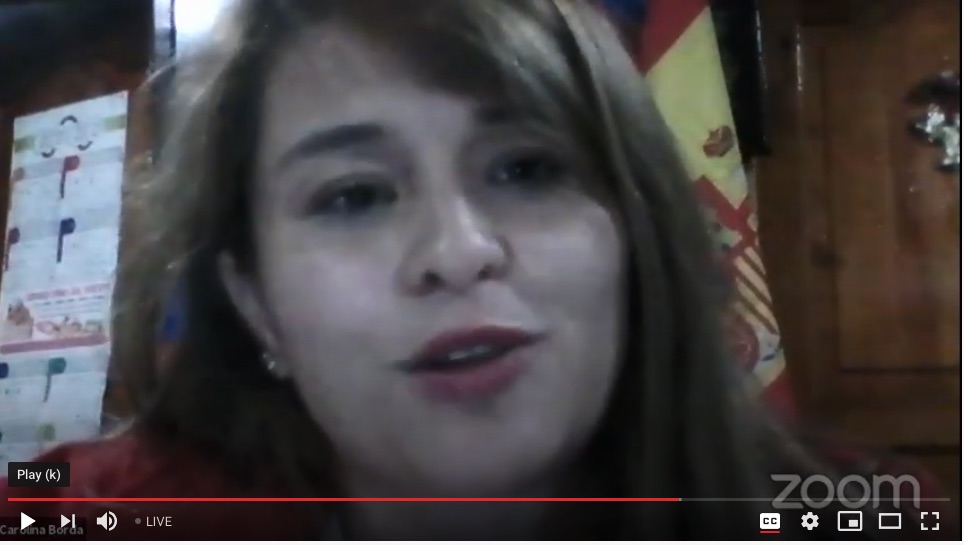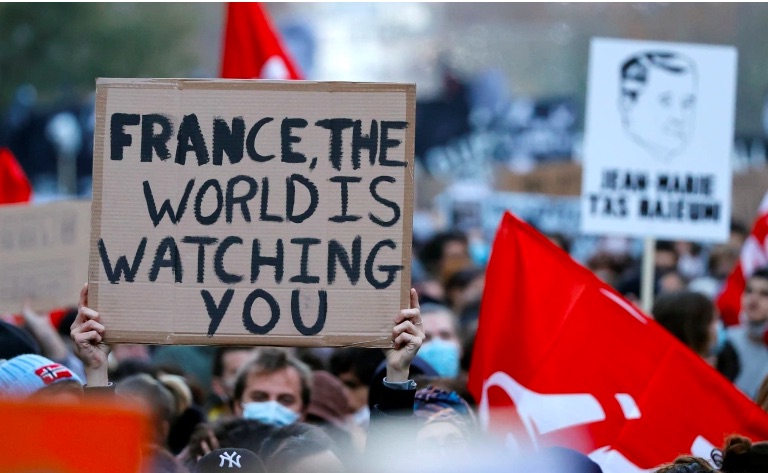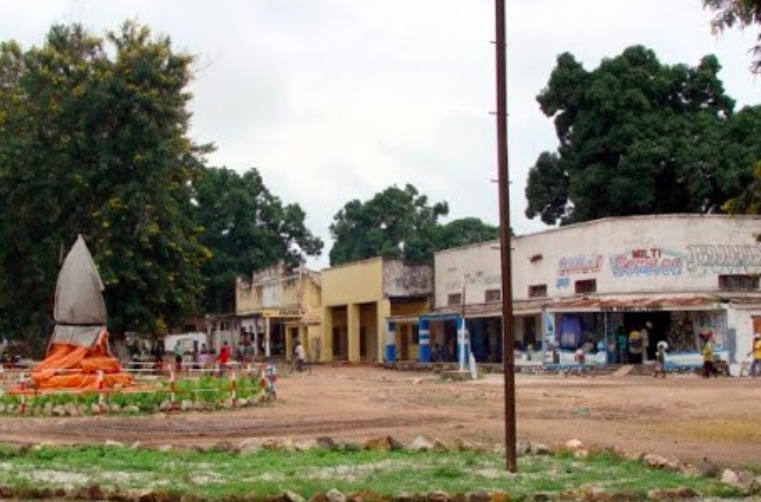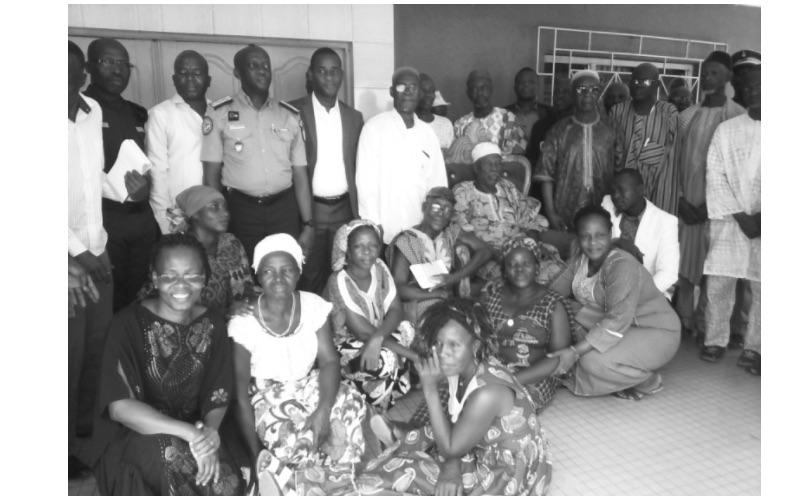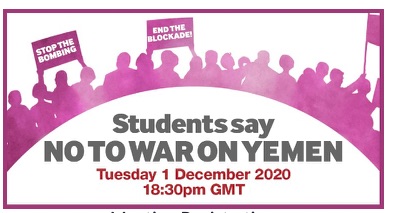. EDUCATION FOR PEACE .
An article from Quadratin Oaxaca (translation by CPNN)
The Benito Juárez Autonomous University of Oaxaca (UABJO) and the Honorable Congress of the State, have ratified a framework collaboration agreement to strengthen the Culture of Peace.
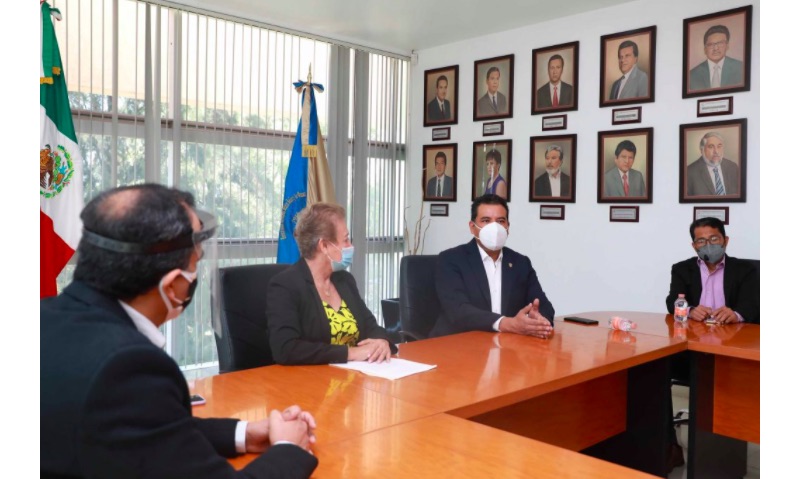
This document signed by Deputy Delfina Guzmán Díaz, President of the Political Coordination Board of the 64th Legislature and the Rector of the University, Eduardo Bautista Martínez, inaugurated the Institutional Program for the Culture of Peace in Oaxaca, it was reported in a statement.
In a meeting held in the rectory offices, the Deputy recognized the importance of strengthening the work with the University, as it is a plural and diverse space that trains a majority of professionals in the state and specialists who contribute to development of a better society.
Is there progress towards a culture of peace in Mexico?
Where is peace education taking place?
“The program that we start today will be the way to reach all sectors, peoples and governments, to achieve the path to a culture of peace,” she said.
On his part, the Rector considered essential to add actions for the integral formation of the student community, with the support of specialists who promote the issues of equality, equity and listening.
He added that this strategy will involve the Institute of Sociological Research of the University, with the purpose of generating collective synergies, incorporating human rights defenders, related government entities and civil organizations.
“This action will also articulate with all the work that the University has carried out in matters of gender, human rights and public policies, through a methodology that generates tools for training in mediation, management and conflict resolution,” he explained.
In addition, in the medium term, it is intended to propose the creation of an observatory on conflict, development of community peace programs, congresses, seminars, training programs and the creation of a professional Masters degree in Culture of Peace
Also taking part In the meeting were the Coordinator of the program in question, Leticia Cruz López; the General Counsel, Héctor López Sánchez and the director of IISUABJO, Manuel Garza Zepeda.
